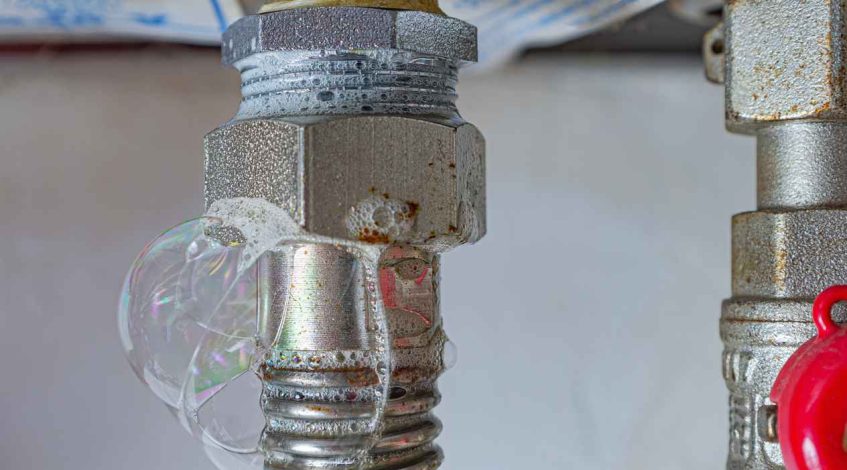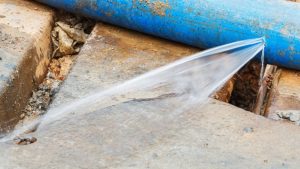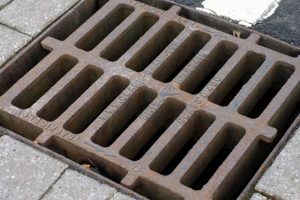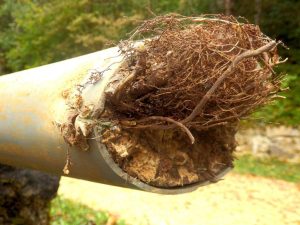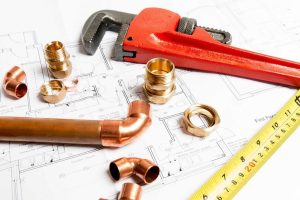Gas is everywhere in daily life. It heats water, cooks food and keeps the house warm on cold nights. Most of the time, it’s safe and reliable. But when something goes wrong – like a leak – it can turn into a big problem.
The good news is, gas leaks usually leave clues. If you know what to look for, you can spot the signs early, reduce the risks and keep your home safe.
That rotten egg smell
One of the easiest ways to detect a gas leak is by smell. Gas itself doesn’t have a scent, so gas companies add a harmless chemical odourant called mercaptan before it reaches homes through the gas line. This gives gas its distinctive rotten egg or sulphur-like smell, making it easier to notice quickly. Gas Fitter Near Me explains that this odourant is added purely as a safety measure so households can recognise leaks straight away.
If you catch a whiff of that smell near your stove, heater, hot water system or even around your gas meter, don’t brush it off. It’s there to alert you, and it’s one of the most reliable signs that gas is escaping.
Hissing or whistling noises
Not every leak makes a sound, but some do. A faint hissing or whistling near a pipe, valve or cylinder often means gas is escaping under pressure.
This kind of leak can be easy to miss during the day when the house is busy and noisy, but at night or in a quiet roo,m the sound is often more noticeable. If you hear it, don’t ignore it – especially if it’s coming from a gas connection point.
Physical symptoms indoors
When gas leaks inside a house, the first signs might not be visual or audible at all. Instead, you may notice changes in how you feel. Common symptoms include:
- Headaches that keep coming back
- Dizziness or feeling light-headed
- Nausea or stomach upset
- Unusual tiredness or weakness
- Irritated eyes or throat
These symptoms often ease up once you leave the house or step outside into fresh air. If that happens, it’s worth considering gas as a possible cause.
Plants and gardens showing damage
Gas can escape from underground pipes as well. When that happens, the soil around the leak is affected, and plants may start to struggle. If you notice patches of lawn that are yellow or dying while the rest of the garden is thriving, a leak could be the reason. Gas displaces oxygen in the soil, which plants need to stay healthy. It’s an unusual but important sign to keep in mind.
Bubbles on pipes
There’s a quick test people sometimes use outdoors: the soapy water test. Mix a bit of dishwashing liquid with water and brush it over the area where you think gas might be leaking. If you see bubbles forming, it means gas is pushing through.
This method works best on accessible fittings outside. Indoors or for anything connected to an appliance, it’s always safer to get a professional to check instead.
Appliances acting strangely
Gas appliances don’t just stop working – they often give hints first. A healthy gas flame should be steady and blue. If it turns yellow or orange, something isn’t right.
- Other warning signs include:
- Pilot lights that keep going out
- Flames that flicker or look weak
- Soot or scorch marks near burners or fittings
These issues don’t always mean there’s a leak but they do suggest the appliance needs attention.
Unexplained increases in bills
Sometimes leaks are small and harder to detect. In these cases, one of the few clues might be your gas bill. If you notice a steady increase in charges even though your household usage hasn’t changed, it’s worth considering whether gas is being lost.
What to do if you suspect a leak
Knowing the signs is one thing – knowing how to respond is just as important. If you think gas may be leaking:
- Take it seriously. Don’t wait to “see what happens.” Gas leaks can escalate quickly.
- Open up the space. Fresh air helps disperse gas. Open windows and doors straight away.
- Stay clear of flames and sparks. Don’t smoke, strike a match or even flick a light switch. Sparks, no matter how small, can ignite gas.
- Turn off the supply. If it’s safe to do so, switch off the gas at the meter or cylinder.
- Leave the house. If the smell is strong or you’re feeling unwell, step outside and keep everyone, including pets, at a safe distance.
- Get the experts in. A licensed gas fitter has the right tools to check, find and fix the problem properly.
How to prevent gas leaks in the first place
You can’t prevent every possible issue, but there are a few things that make leaks less likely:
- Book regular servicing. Have appliances like gas water heaters, space heaters and central heaters serviced every two years by a qualified gasfitter to keep them safe and working properly.
- Inspect hoses and connections. Flexible hoses wear out over time. Replacing them before they fail helps prevent leaks.
- Keep areas ventilated. Never block the vents around appliances, and avoid placing them in cramped spaces without airflow.
- Use appliances correctly. Following the manufacturer’s instructions isn’t just about performance – it’s about safety too.
- Fit carbon monoxide alarms. These alarms won’t detect natural gas but will warn you if gas appliances are burning poorly and releasing carbon monoxide.
Why act quickly
The main danger of a leak is the build-up of gas indoors. This creates two big risks: fire and explosion. Even a small spark can ignite concentrated gas, which is why switching off light switches or using open flames is strongly discouraged.
Long term exposure to leaking gas can also affect health, particularly for children, elderly people or anyone with existing respiratory issues. Acting quickly protects both your health and your home.
Safety starts with awareness
Gas is something most households use every single day, but it’s easy to take for granted. When everything works as it should, it’s efficient and safe. When a leak happens, it can be dangerous.
That’s why it’s so important to know the signs – whether it’s a rotten egg smell, strange noises, plants dying in the garden or unexplained health symptoms.
If you ever think there might be a leak, the safest option is to turn off the supply, step outside and call a licensed professional. It’s always better to be safe than sorry. Quick action not only prevents danger but also gives you peace of mind. Get your gas problems fixed today, when you need to find a plumber, Best Plumbers Club has you covered Australia-wide!

